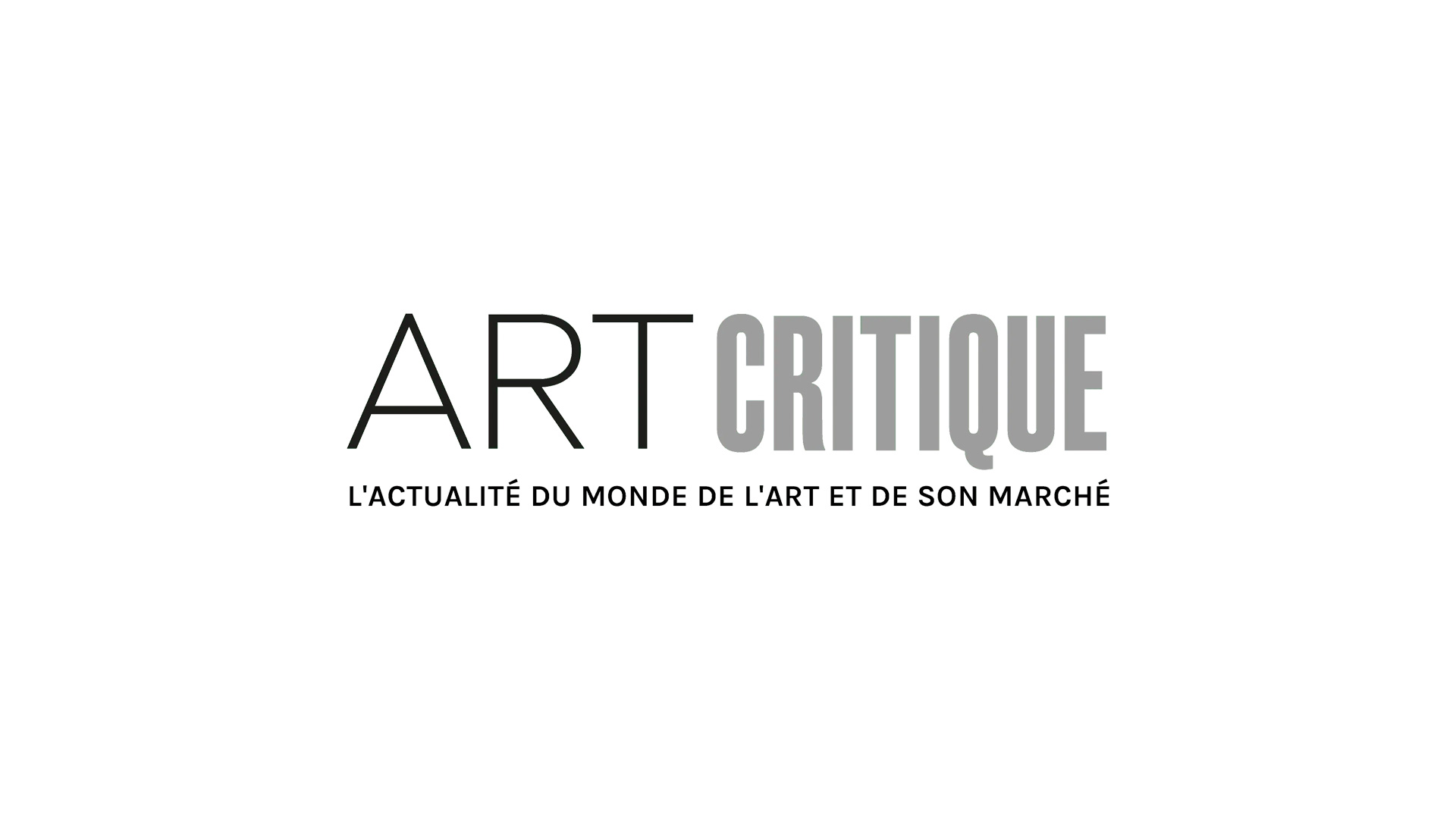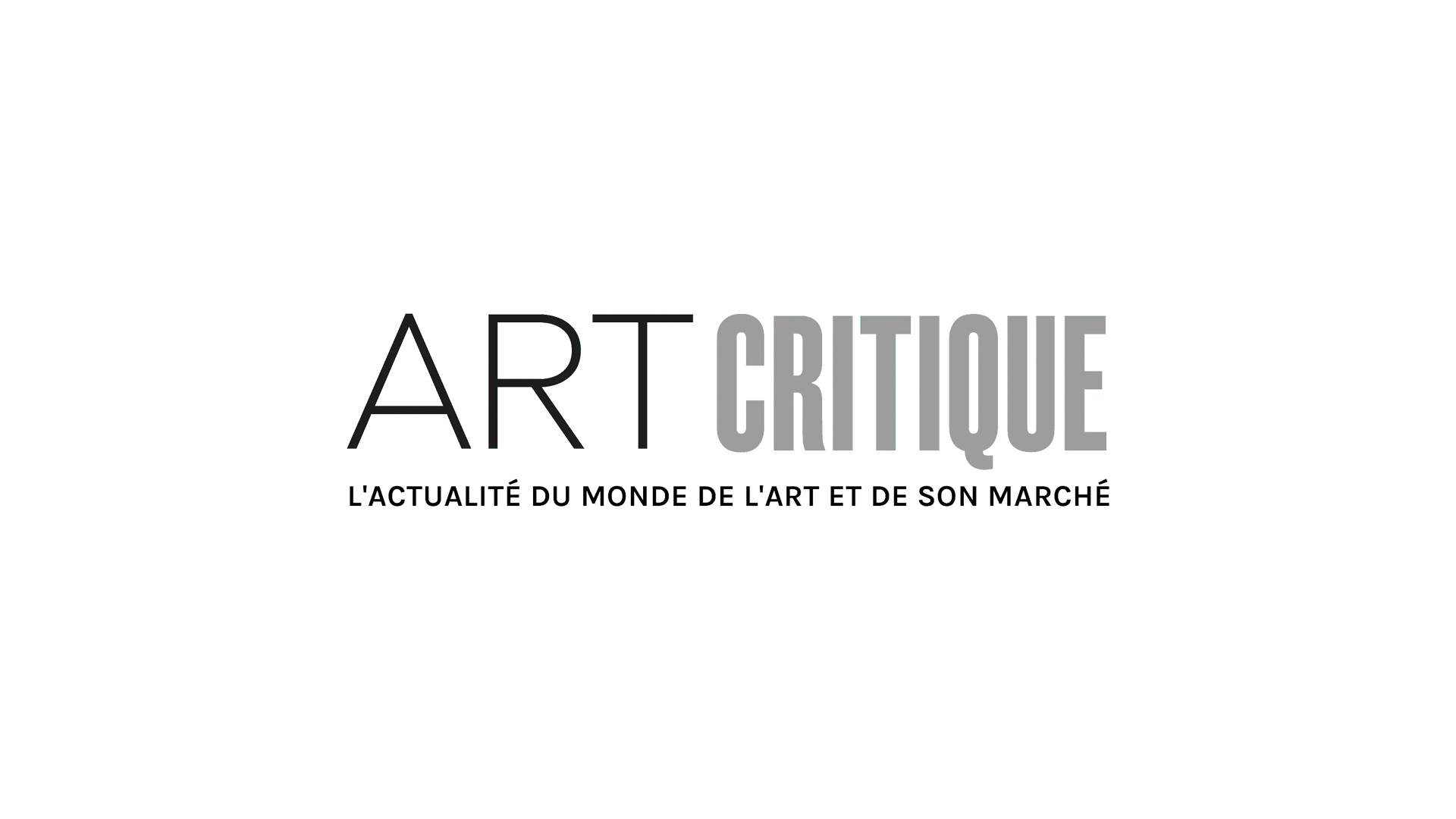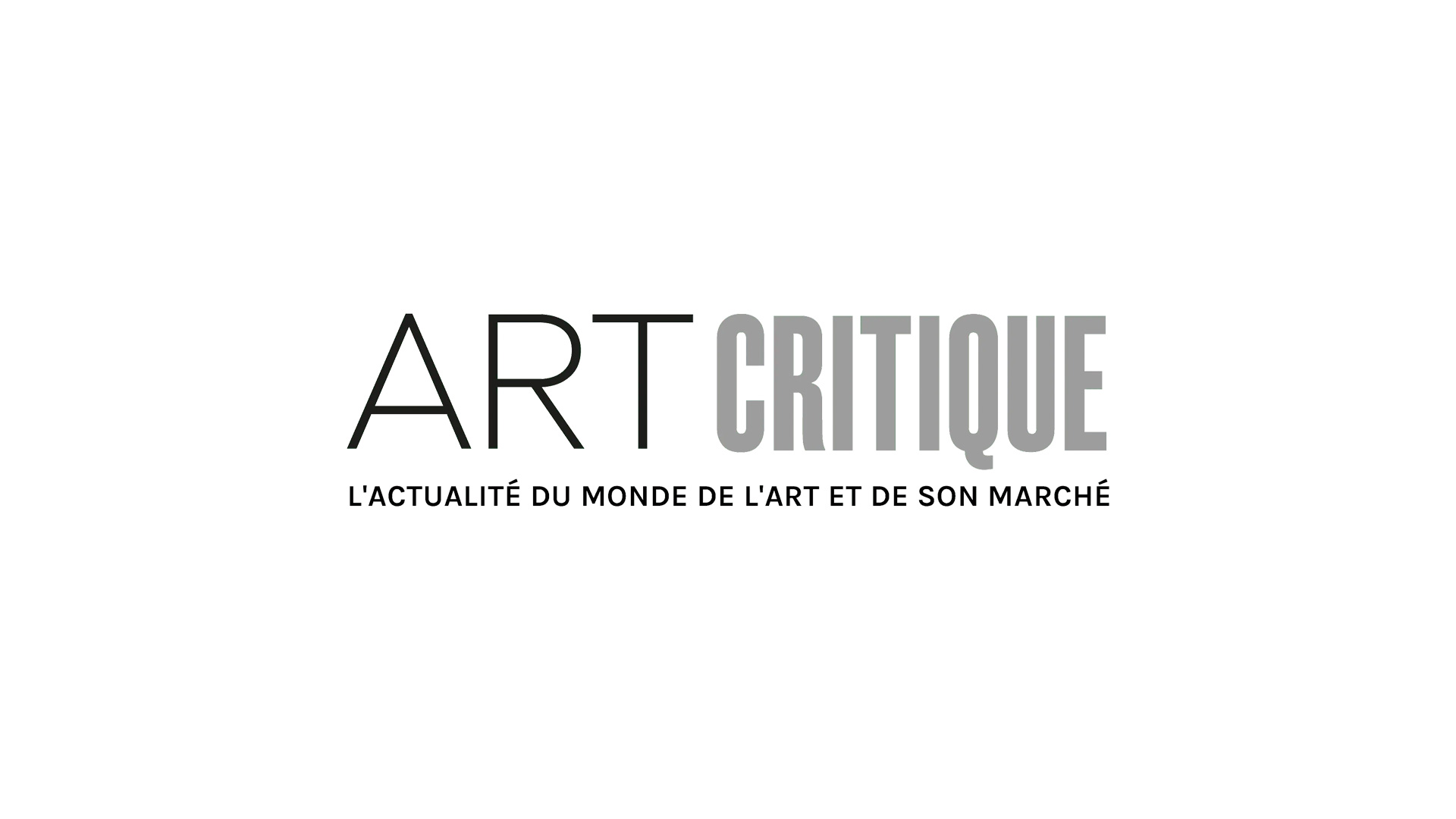Protests marked the July 27th reopening of Tate Enterprises museums after they had been shuttered since March 17th, when the UK enforced sweeping lockdown measures in response to the pandemic. The protests were in response to news of forthcoming redundancies at the UK institution. Now, just over two weeks into reopening and just as the UK officially entered into a recession, the number of expected job losses has increased from around 200 to over 300.
In an interview on BBC Radio 4’s Desert Island Discs, Maria Balshaw, director of Tate, explained that the then anticipated, but not yet announced, dismissal of 200 employees across Tate Enterprises was necessary as foot traffic at the museums was significantly less than before COVID-19. “We don’t want to lose any staff, but we know we have to,” Balshaw said, “otherwise the business won’t be able to trade.”
However, just days after the conversation with Desert Island Discs host Lauren Laverne, the number of jobs to be cut swelled by more than 100.
In an email sent to Tate Enterprises employees, which includes Tate Modern, Tate Britain, Tate Liverpool, and Tate St. Ives, Balshaw stated that they were working “hard to protect as many jobs as possible.” The email confirmed worries, though, stating: “We are now sharing the sad news that we will have to make 313 redundancies across Tate Enterprises.” The cuts will primarily affect the commercial arm of Tate Enterprises, meaning café, museum shop, and restaurant workers will be bear the lion share of the cuts. The email cited a “long-term drop in visitor numbers” for the cutbacks, stating that “the consequent loss of revenue” left the museum with “no option.”
Balshaw has highlighted that until now, Tate had not cut any jobs having retained 100 percent of staff throughout lockdown. It was also noted that to keep staff at full capacity, £5 million of Tate Enterprises’ reserves were used to keep employees on their payroll during the last few months. During the upcoming restructure, Tate included in their statement that they would be taking extra measures to ensure that Black, Asian, and ethnic minorities (BAME) on staff are not “disproportionately affected.”
With new, if not overdue, UK government legislation to ease the burden for the cultural sector, Tate could receive £7 million in bailout funding. The Public and Commercial Services Union (PCS) is calling for Tate to use portions of that to keep on more employees. Despite Tate’s pledge to monitor the situation, PCS has expressed concern that the job cuts will affect BAME more and that the brand of the museum will be prioritized over employee wellbeing. In upcoming weeks, Tate staff plan to participate in strikes against the redundancies and PCS has begun fundraising to help out staff who strike.





